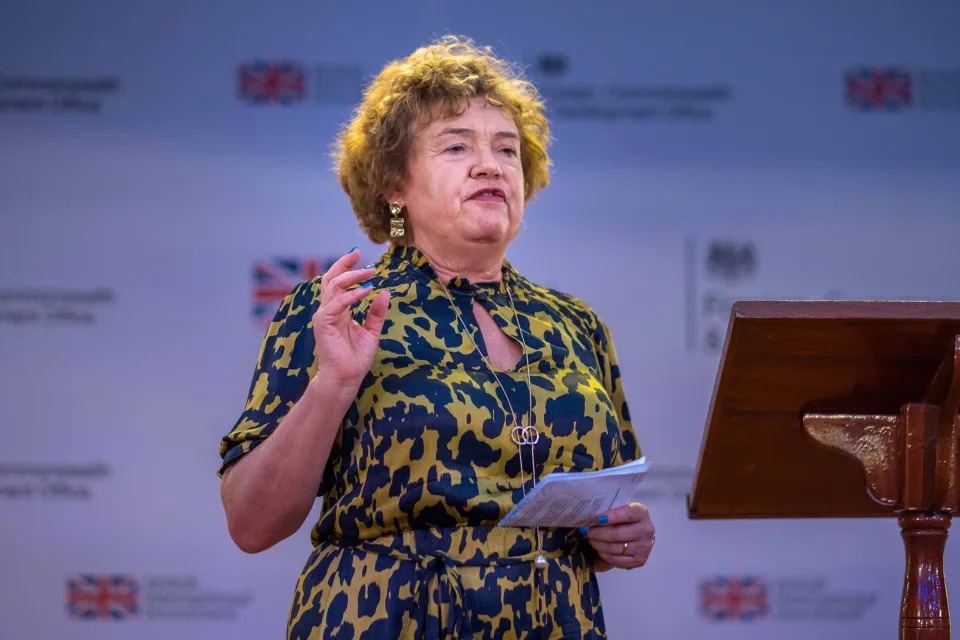

A look into the British DFI’s plan to invest in African economies, venture funds...
source link: https://finance.yahoo.com/news/look-british-dfi-plan-invest-111306384.html
Go to the source link to view the article. You can view the picture content, updated content and better typesetting reading experience. If the link is broken, please click the button below to view the snapshot at that time.
A look into the British DFI’s plan to invest in African economies, venture funds and tech startups

On April 4, the U.K.’s development finance institution, Commonwealth Development Corporation (CDC) Group, formally changed its name to British International Investment.
As part of the name change, the development finance institution (DFI) announced that it surpassed its pledge to invest £2 billion in Africa over the last two years. It was a reminder of the series of work BII had accomplished on the continent leading to this point: over 600 portfolio businesses with a value of $4.2 billion. Nigeria is its biggest investment market in Africa, with a portfolio of $570 million.
Within this period, the impact investor backed several firms in various sectors like banking, trade, private equity, and venture capital. Some deals include $300 million direct equity in DP World, $75 million direct debt in Stanbic IBTC Bank, $100 million in Standard Chartered, a $20 million investment in Verod Cap, and a $15 million investment in the TLcom TIDE Africa Fund.
In a new development, BII said it will invest between £1.5 billion and £2 billion yearly from 2022 and 2026 in “Africa, parts of Asia and the Caribbean.” But narrowing this to just Africa, the impact investor is looking to mobilize $6 billion into the continent across these five years, Benson Adenuga, the firm’s head of office and coverage director for Nigeria, told TechCrunch in an interview.
“We want to do a lot in Africa. Africa is one of the key strategic markets for BII. It has been since inception, as it continues to be even with our current strategy for 2022-2026,” Adenuga said. “The key reason for that is you’ve got over a billion people in Africa, the level of developmental needs across Africa is very significant. We see a very significant role that DFIs like us who have the experience, capital and skill sets to support development can bring to the table.”
BII has adopted a strategy to make calculated, not sporadic, investments across key sectors: infrastructure, financial services, manufacturing, food and agriculture, health, education, and real estate and construction. The strategy is to divide countries into four categories based on market development and specific risk profiles. They include mature, powerhouse, stable and fragile markets. “What we do in each country is a function of where the country stands,” noted the director.
Recommend
About Joyk
Aggregate valuable and interesting links.
Joyk means Joy of geeK